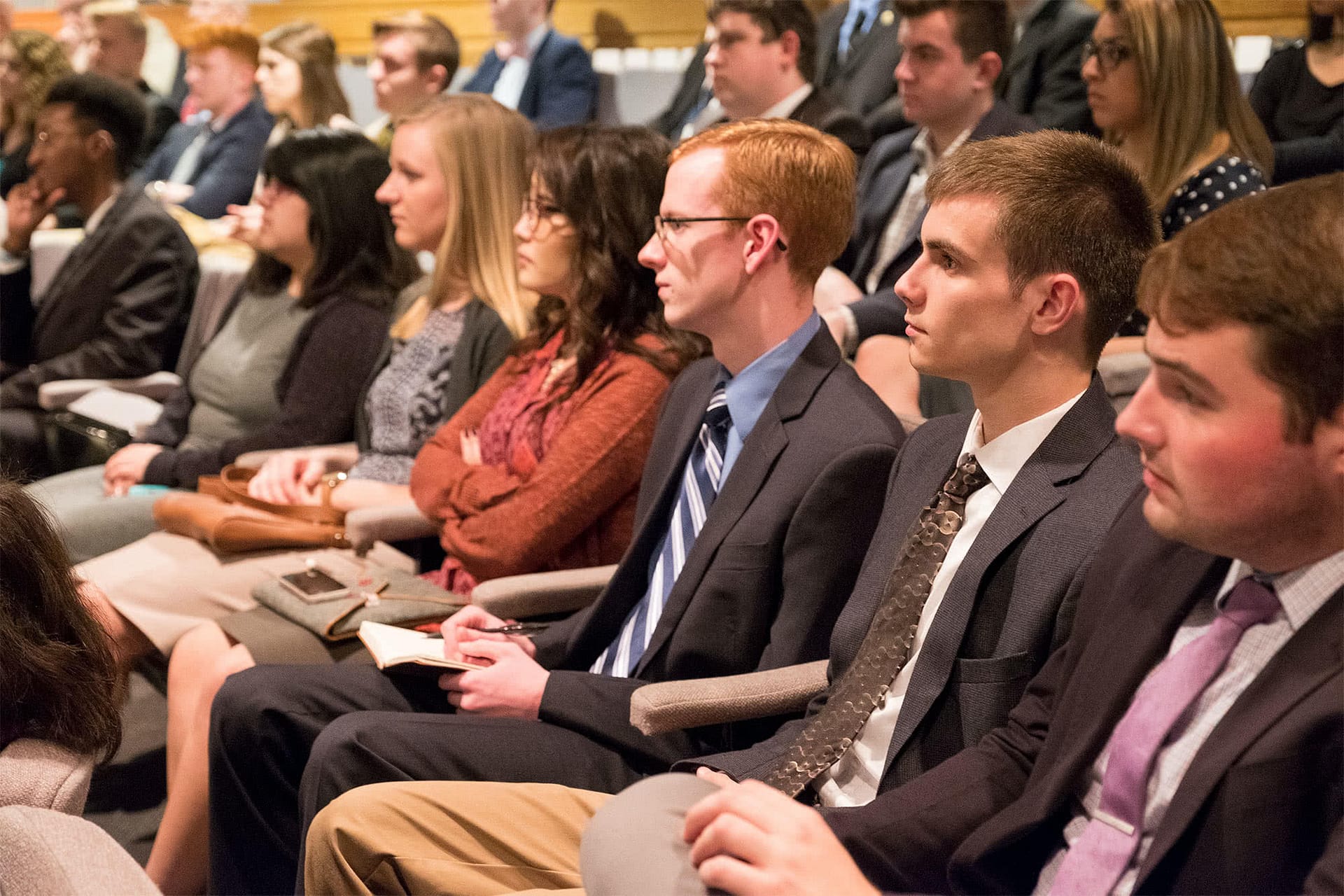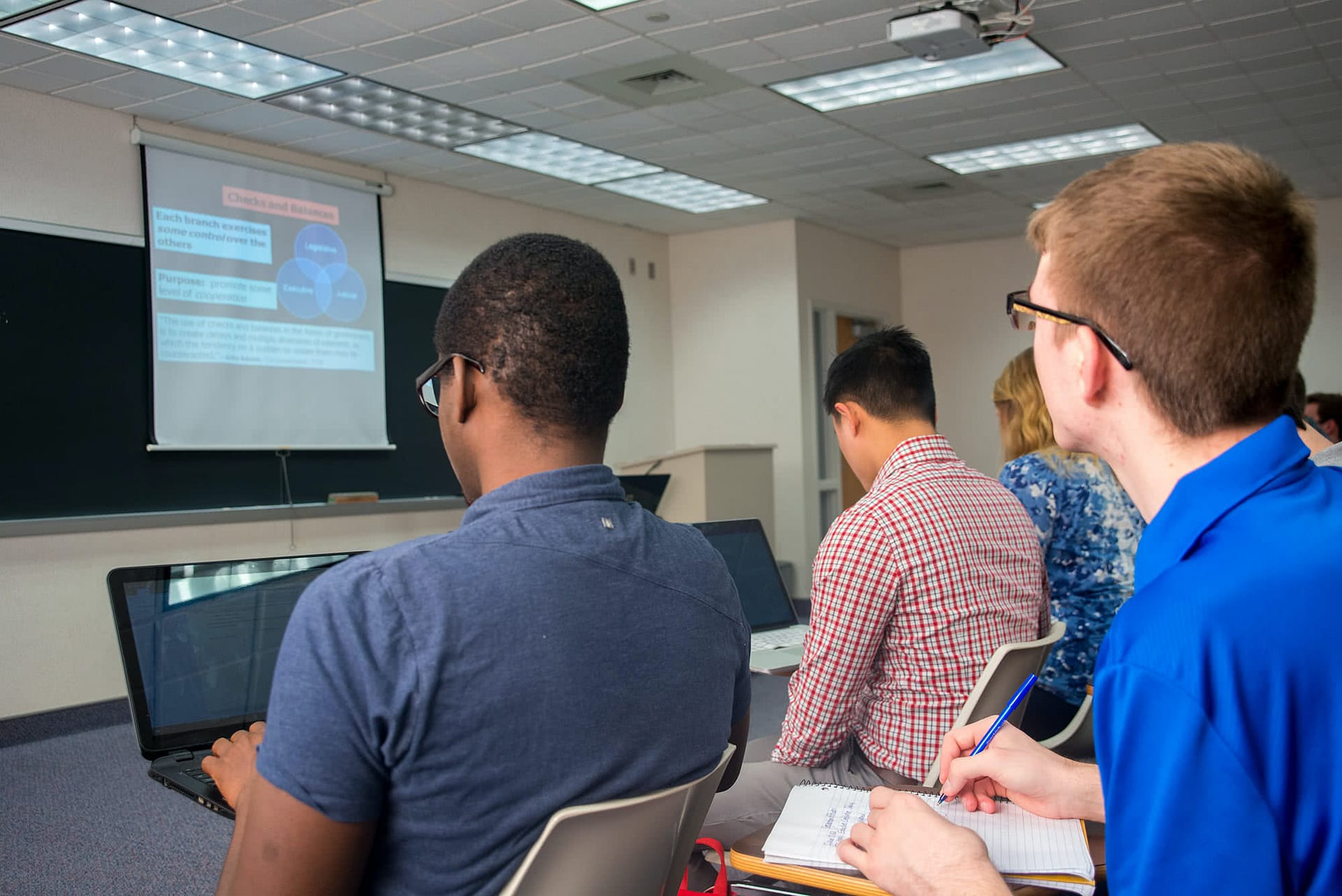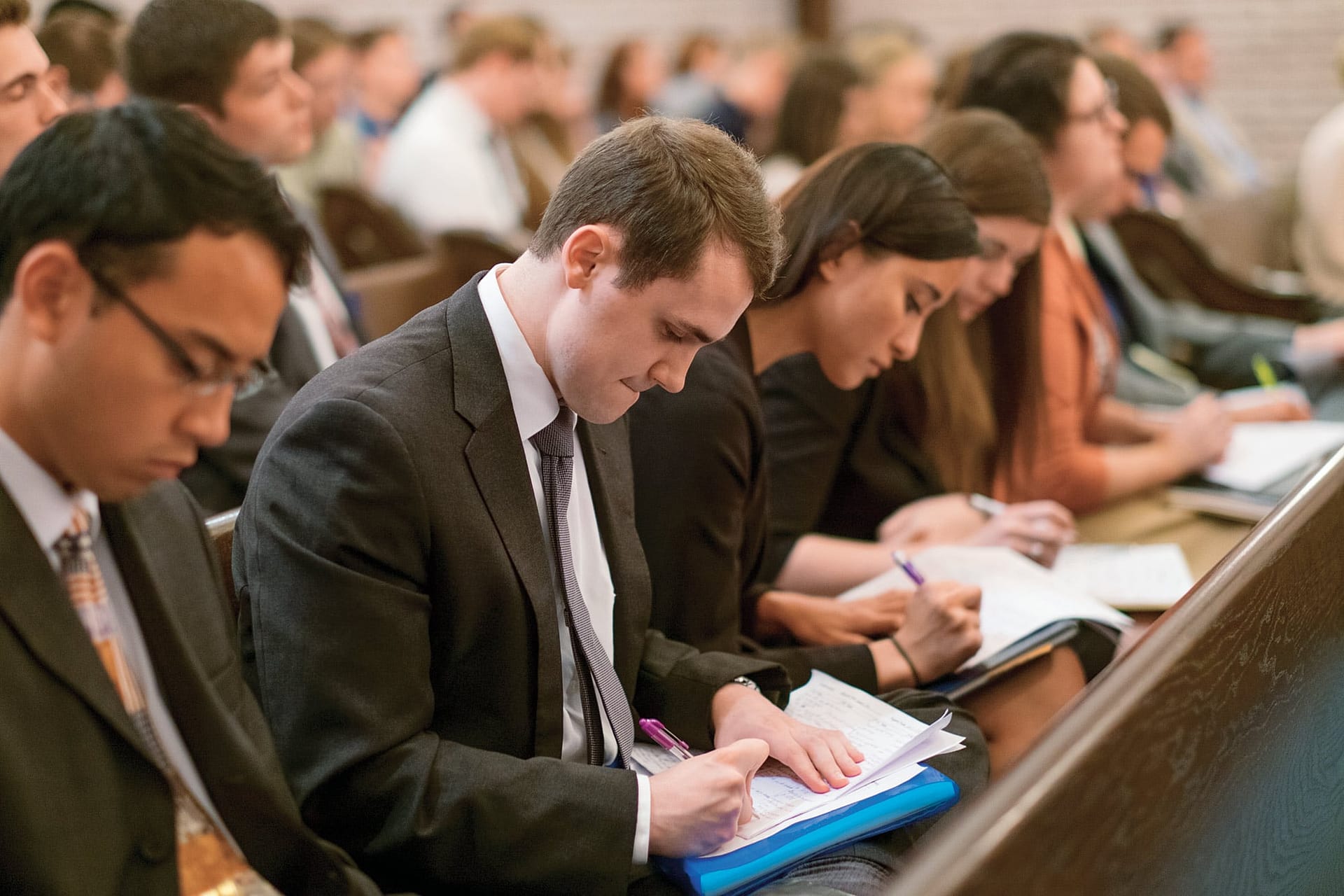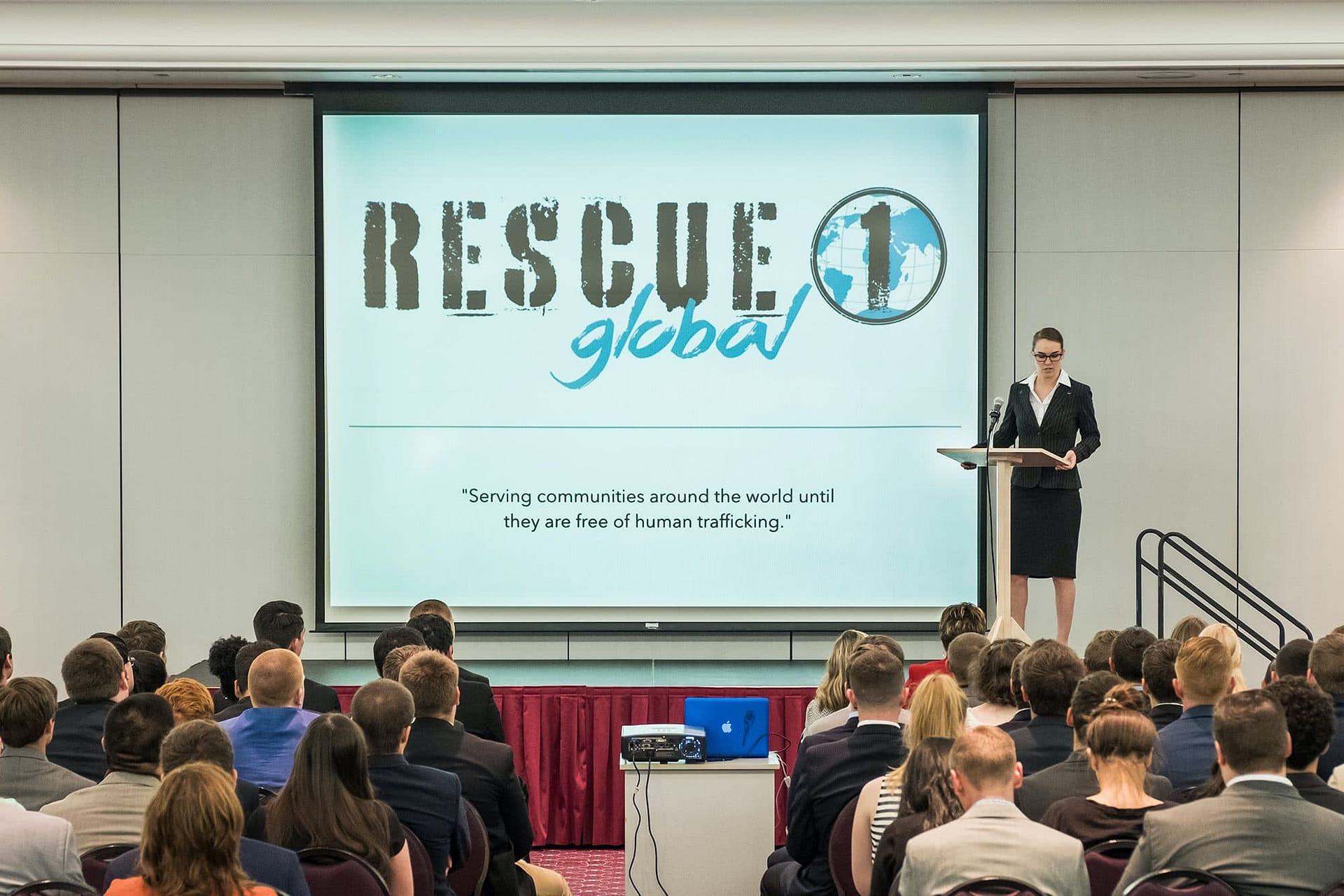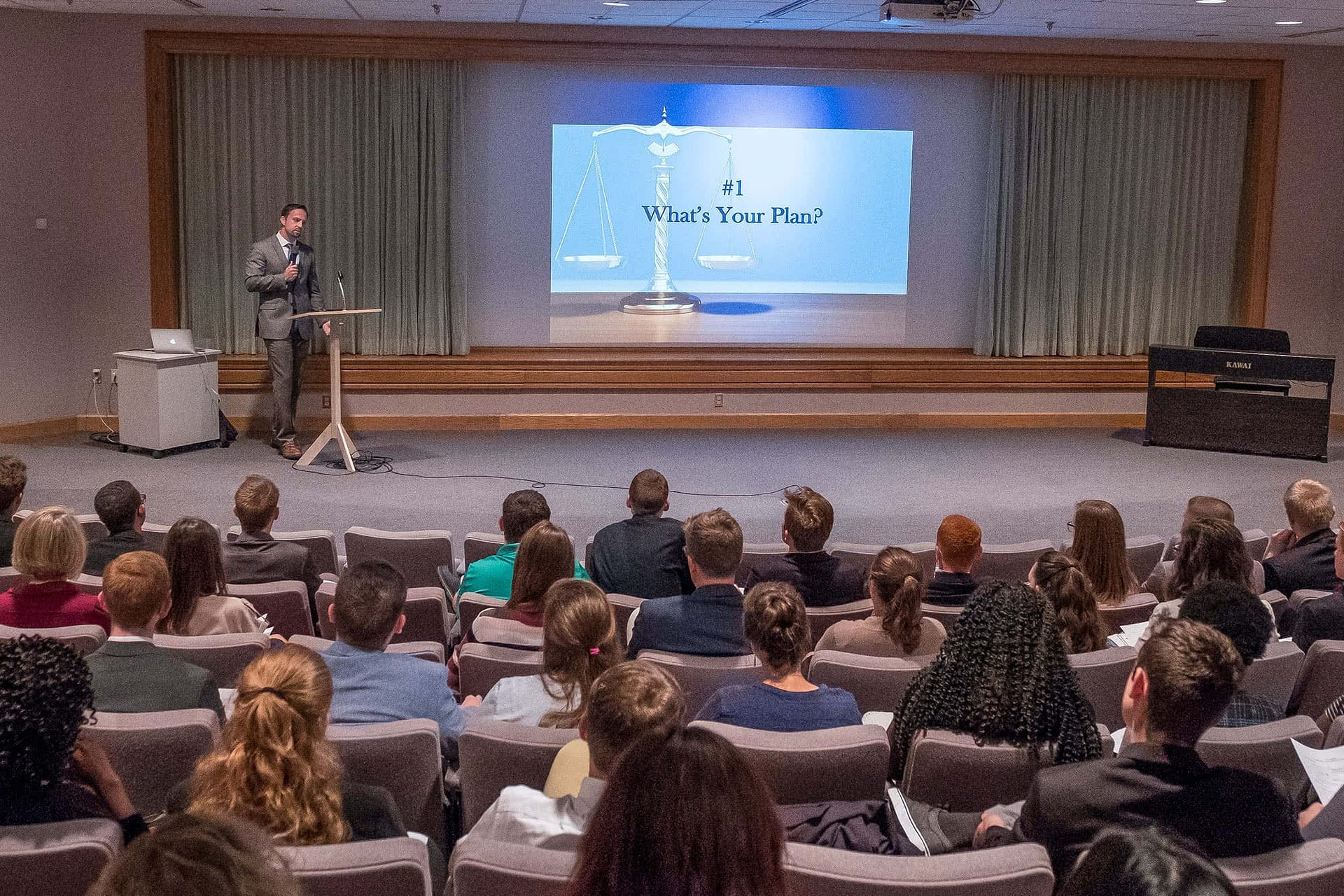While growing up, April Wood (Pre-Law ’94) was certain she would become a tough lawyer like the ones she saw on television. To help Wood reach that goal, her father routinely engaged her in debates that developed her ability to defend her position on an issue. In the fall of 1991, Wood’s dreams were one step closer to coming true when she arrived at Pensacola Christian College to pursue a degree in pre-law.
In speech classes, Wood learned to overcome her anxiety in public speaking; in debate classes, she learned to ardently and articulately defend her stance on an issue. In Criminal Law (CJ 108), she gained an in-depth understanding of constitutional methods regarding crime; and in State and Local Government (PL 303), she learned the structure and functions of government on both the state and local levels.

Wood went on to study law at Regent University, and since 2002 has served as a district court judge in North Carolina. “What I appreciate most about my education at PCC is that several of my professors had a legal or criminal justice background,” she said. “I found the experiences that they shared to be informative, interesting, and sometimes entertaining. Their life experiences provided some of the most useful information, and I still think about some of those stories when I am contemplating a decision.”
With a degree in pre-law from PCC, graduates are prepared not only to successfully pass the LSAT and enter law school (including 3 of the top 10 as ranked by U.S. News and World Report), but to thrive in the process.
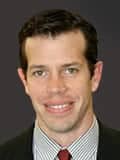
While attending Florida A&M University College of Law, Clinton Cagle, Esq. (Pre-Law ’99) served as the president of the Student Bar Association and assisted with the production of Law Review. He said, “PCC has an excellent academic program for those wanting to go into the legal field. While going through law school, it was clearly evident that PCC well prepared me for matriculation through law school.”
Cagle graduated in the top fifteen percent of his class and currently runs his own law firm which specializes in personal injury law. He said, “I feel that the Lord has used me in this position to be a Christian testimony to those who are going through difficult times.”
PCC faculty Dr. William Bowen says that the pre-law program gives students a well-rounded education, placing a special emphasis on writing and public speaking skills. Not only do students take fundamental classes relating to history and law, but they also take literature classes, Advanced English Grammar and Composition (EN 360), and Creative Writing (EN 301).

Patrick Callahan (History; Pre-Law ’00) appreciates the advantage his writing skills gave him during law school and beyond. “The writing skills that I developed at PCC have always been an important part of my legal career,” he said. “Writing is absolutely essential to the successful practice of law, and law school does not focus on teaching writing.”
After earning his Juris Doctor from the University of Mississippi, Callahan served as a judge advocate in the Marine Corps for five years. Now, as Deputy Chief Counsel for Immigration and Customs Enforcement (ICE) in Texas, he is responsible for implementing policy, training attorneys, establishing litigation strategies, and providing legal advice to officers. He is certain that “had I not been through the rigorous curriculum at PCC, I would not have done as well at law school.”
Most importantly, students learn to interpret the law from a biblical perspective. History faculty Dr. John Reese said, “The advantage that we offer at Pensacola Christian is a sense of law and of politics with God’s light shining through. Worldview is so crucial here—two people can look at the same set of facts and come to two different conclusions based on their interpretation of those facts.”
With a worldview founded on the Bible, pre-law students graduate fully prepared to share with the world the “reason of the hope that is in you”—no matter where their degree takes them.
Recent graduate Cameron West (Pre-law, ME) said, “In order for law to be constant it has to be based on something that is constant. And Scripture is the most constant thing. That is why we are doing what we are doing. It’s nice to know that I have the tools I need to succeed.”

